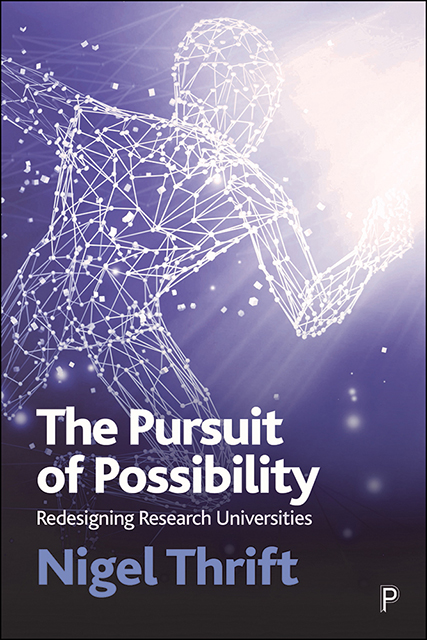1 - Is That a ‘University’? I’m not Sure
Published online by Cambridge University Press: 21 June 2023
Summary
This is a book about universities. There are plenty of those around already, so what makes this book any different? Roughly speaking, books about universities can be divided into four types. First off, there are the jeremiads, lamenting the loss of past glories and criticising much of what is presently occurring. Usually sparked off by opposition to the current wave of so-called marketisation in universities, much of what they have to say has an edge to it but they usually make very little of what universities ought to be like in the future. They are strong on what they don’t like but weak on what they would like to replace it with. Then, there are the various volumes that take universities to be businesses of one kind or another whose chief business it is to impart skills, enhance employability and boost innovation and productivity. Universities serve the economy and they are economies. Just as one instance, a whole genre – I won’t say business – has grown up around making the case for universities as economic saviours of cities and regions. Usually written by authors who have boosting the gross national or regional product in mind, these volumes can sometimes take on a distinctly instrumental edge. Then there are the books which argue that universities are pretty much a waste of time, populated by slackers and ne’er do wells. They are shams that don’t teach much at all of what’s needed now and don’t provide any noticeable intellectual progression (e.g. Caplan, 2018). Send students straight to work to be re-educated in the university of life. Where have you heard that before? And finally, there are books that try to offer up a new vision of what universities might be, rather than clinging to what they once were or embracing what the powers that be think they should be. This book is from this final stable. It’s true, it is written from a position of someone who knows a little of what might be possible. However, this pragmatic bent does not mean that I am any the less idealistic. Indeed, fuelled by not a little frustration at the strangely hostile environment that British and other universities have found themselves in, I am probably more so. But you will have to read this book to ascertain why.
- Type
- Chapter
- Information
- The Pursuit of PossibilityRedesigning Research Universities, pp. 1 - 20Publisher: Bristol University PressPrint publication year: 2022



